Tesla in the Crossroads: Navigating Today's Storms
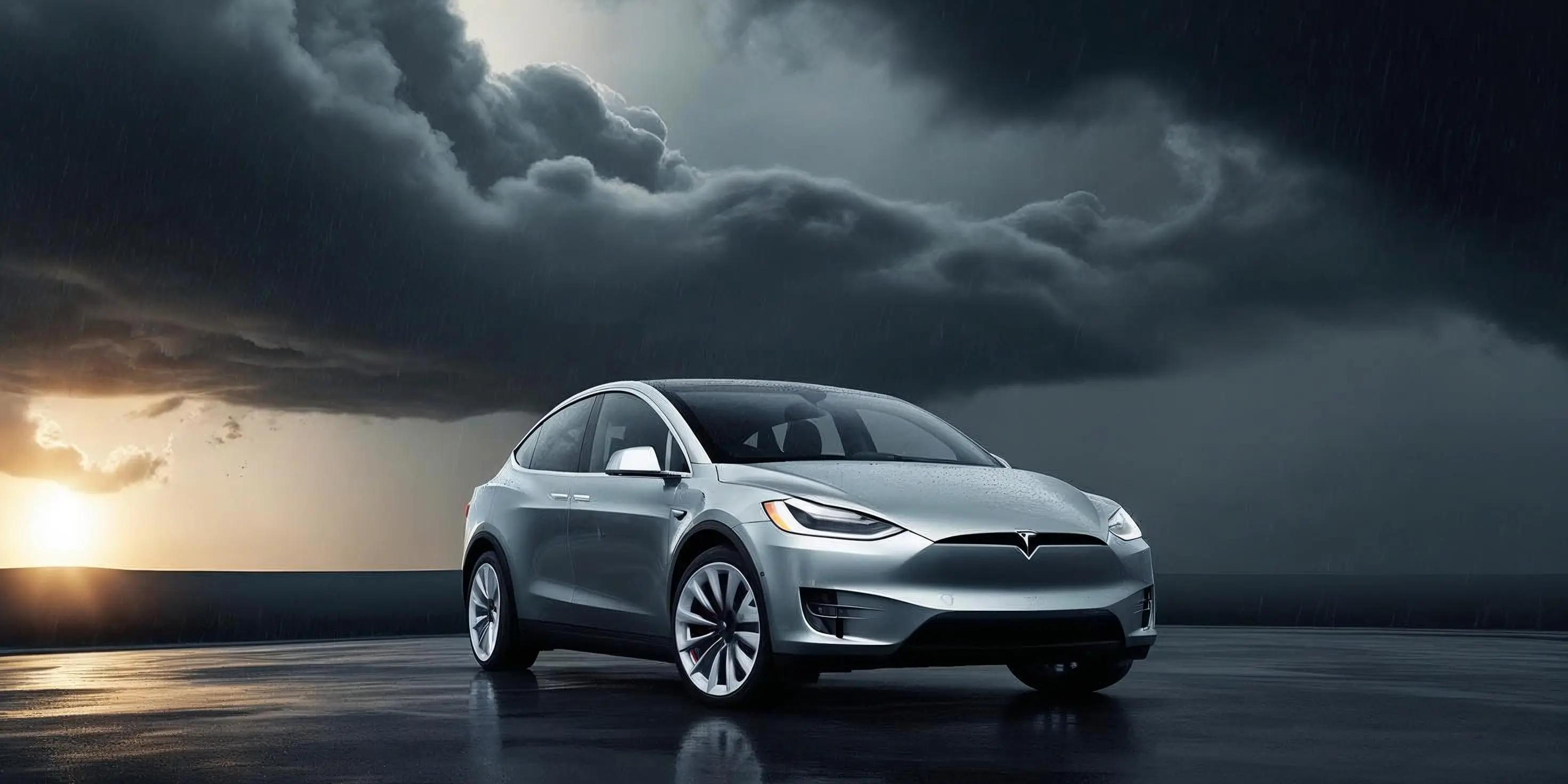
For over a decade, Tesla has been the undisputed disruptor, the name synonymous with the electric vehicle revolution. From its sleek designs to its pioneering technology, the company, led by the ever-enigmatic Elon Musk, has captivated the world and forced traditional automakers to finally electrify. But the landscape is shifting, and 2025 finds Tesla at a crucial crossroads. The aura of invincibility has faded slightly, replaced by a tangible set of challenges that are prompting many to ask: what does the future hold for the once-dominant EV giant? Will Tesla recover its momentum, or is it facing a new era of intense competition?
The Shifting Sands: Unpacking Tesla's Current Headwinds
The early years saw Tesla enjoy a significant first-mover advantage. But the competition has now well and truly arrived. Legacy automakers, after years of playing catch-up, are launching compelling EVs, often with established manufacturing prowess and extensive dealer networks. New entrants, particularly from China, are also vying for a piece of the pie with innovative and often more affordable models.
This intensified competition is clearly reflected in Tesla's recent performance. Reports indicate a notable dip in sales in key markets like Europe, a region where local manufacturers are particularly strong. Data from Schmidt Automotive Research highlights this trend, showing a decrease in Tesla's market share.
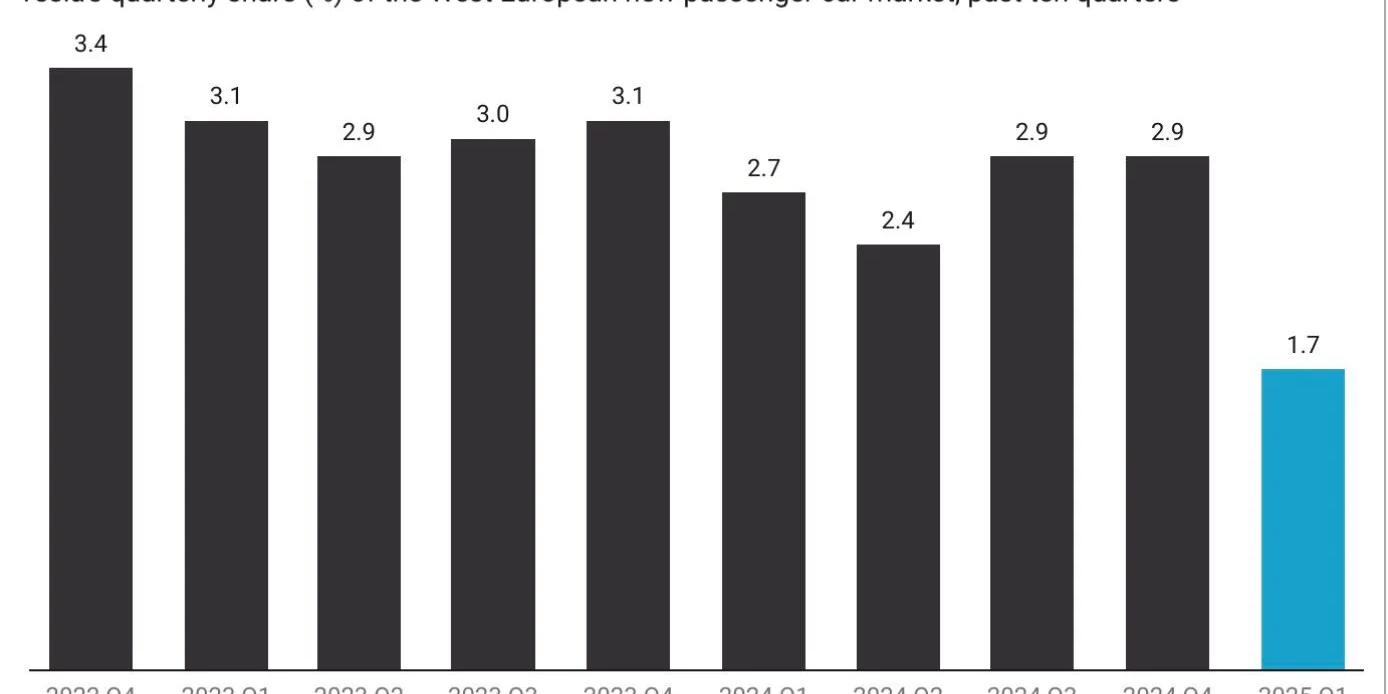
Furthermore, Tesla's product lineup, while iconic, is showing its age in certain segments. The Model S and Model X, though still impressive, haven't seen major overhauls in years. The recent redesign of the Model Y was a necessary move, but it also led to temporary production pauses, further impacting delivery numbers. Model Y redesign and production pauses.
Beyond the competitive landscape, Tesla's brand is also facing some turbulence. Elon Musk's increasingly controversial public persona and political leanings have, according to some reports, started to alienate potential buyers, particularly in politically progressive regions like California. Elon Musk's public image on Tesla sales.
Finally, we can't ignore the somewhat bumpy rollout of the Cybertruck. While generating immense hype, the actual launch has been plagued by production challenges and even recalls, raising questions about the company's ability to deliver on ambitious projects smoothly. Cybertruck production issues and recalls.
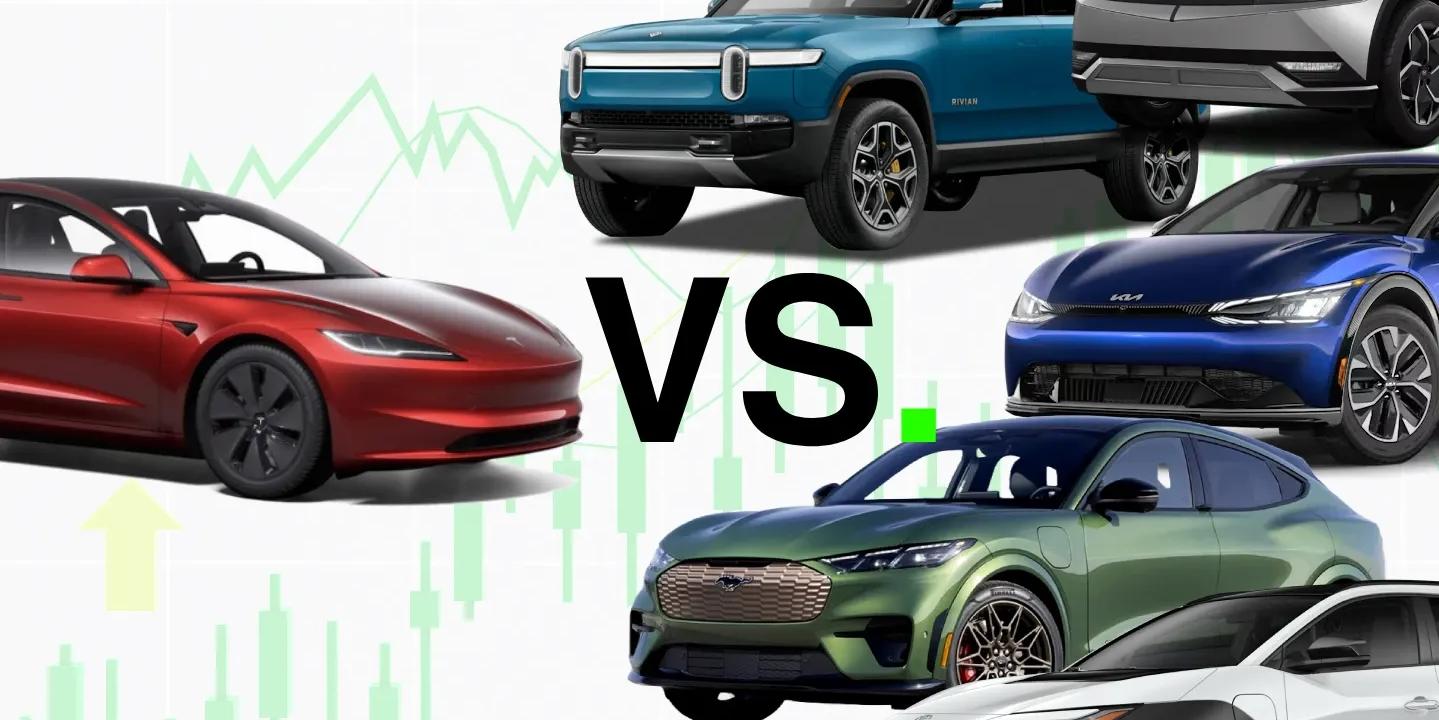
Looking Towards the Horizon: What Does the Future Hold for the EV Pioneer?
Despite these very real challenges, it would be premature to write off Tesla. The company still holds significant advantages and is actively working to shape its future.
One of Tesla's biggest strengths remains its technological prowess. While competitors are catching up, Tesla still leads in areas like battery technology, software integration, and the development of its Supercharger network. This extensive and reliable charging infrastructure remains a significant draw for many EV buyers, especially in regions like Austria where public charging is still evolving. Tesla's Supercharger network map.
Furthermore, Tesla is heavily invested in the future of Full Self-Driving (FSD) technology. While still in its beta phase and facing regulatory hurdles, the successful deployment of a truly autonomous driving system could be a game-changer, potentially opening up new revenue streams through robotaxis and other services.
The company is also expected to introduce more affordable models in the near future. While details are scarce, these lower-priced vehicles could significantly expand Tesla's addressable market and help it compete more effectively with budget-conscious EV buyers.
Moreover, Tesla's Energy division, focusing on solar panels and energy storage solutions like Powerwall and Megapack, is showing strong growth potential. As the world continues to transition towards renewable energy, this segment could become an increasingly important pillar of Tesla's business.
Finally, it's worth noting the strong brand loyalty that Tesla still commands among a significant portion of consumers. Many buyers are drawn to the company's mission, its innovative spirit, and the overall driving experience that Tesla vehicles offer.
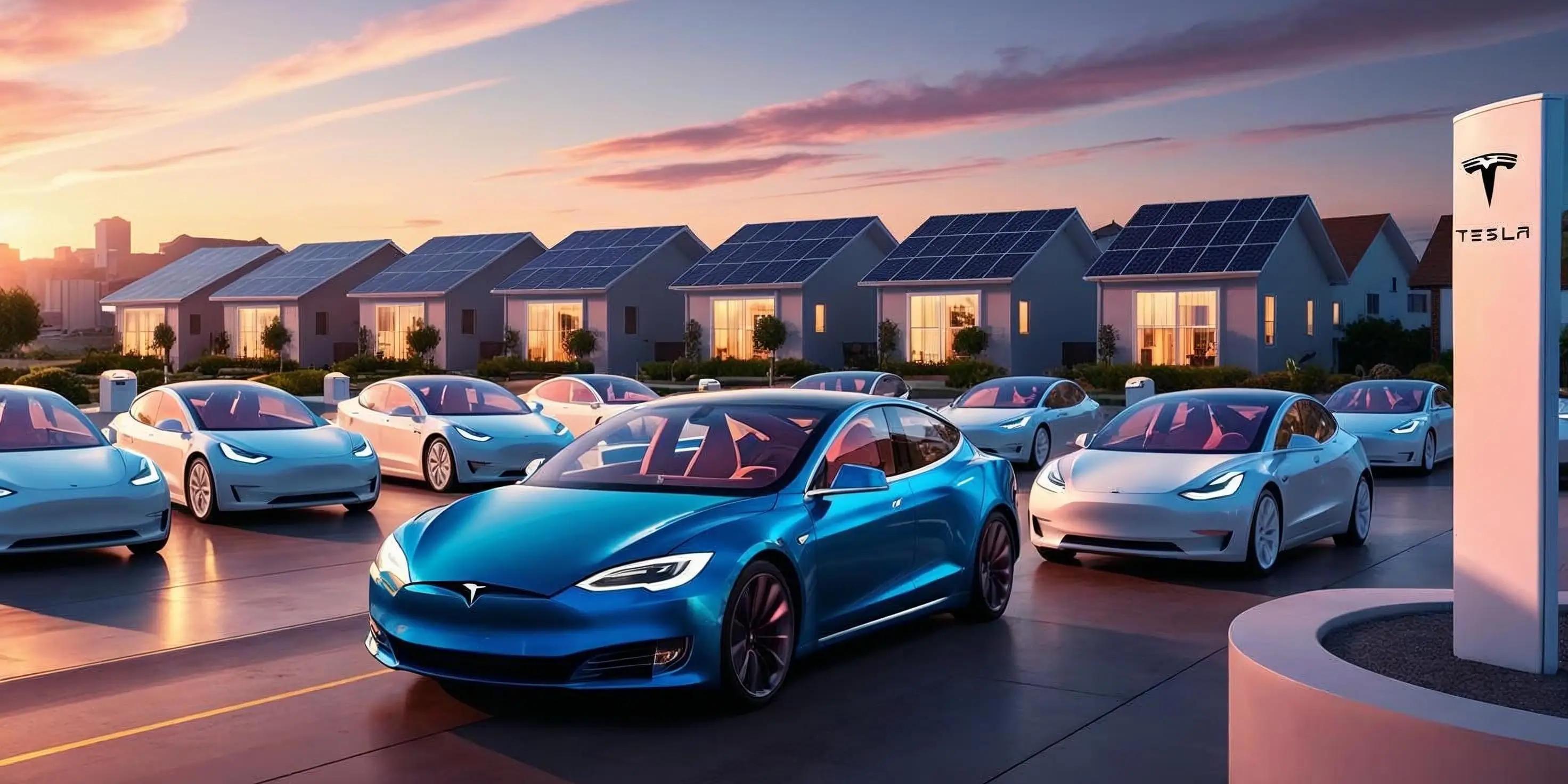
Will They Recover? The Verdict is Still Out
Predicting the future is always a risky endeavor, especially in the fast-paced world of technology and automotive. However, based on the current landscape and Tesla's inherent strengths, a few key points emerge:
- Recovery is Possible, But Not Guaranteed: Tesla has the potential to regain its strong growth trajectory, but it will require strategic execution, successful product launches, and potentially a shift in public perception.
- Competition Will Remain Fierce: The era of Tesla dominating the EV market unchallenged is likely over. The company will need to adapt to a more competitive environment and continuously innovate to stay ahead.
- Beyond Cars: Tesla's future success may not solely rely on vehicle sales. Its advancements in software, autonomous driving, and energy solutions could play an increasingly crucial role.
Ultimately, Tesla's journey in 2025 and beyond will be a fascinating one to watch. The company that single-handedly ignited the EV revolution now finds itself navigating a more crowded and complex landscape. Whether it can successfully adapt, overcome its current challenges, and continue to lead the charge towards an electric future remains to be seen. But one thing is certain: Tesla's story is far from over, and the next chapter promises to be filled with both challenges and opportunities.
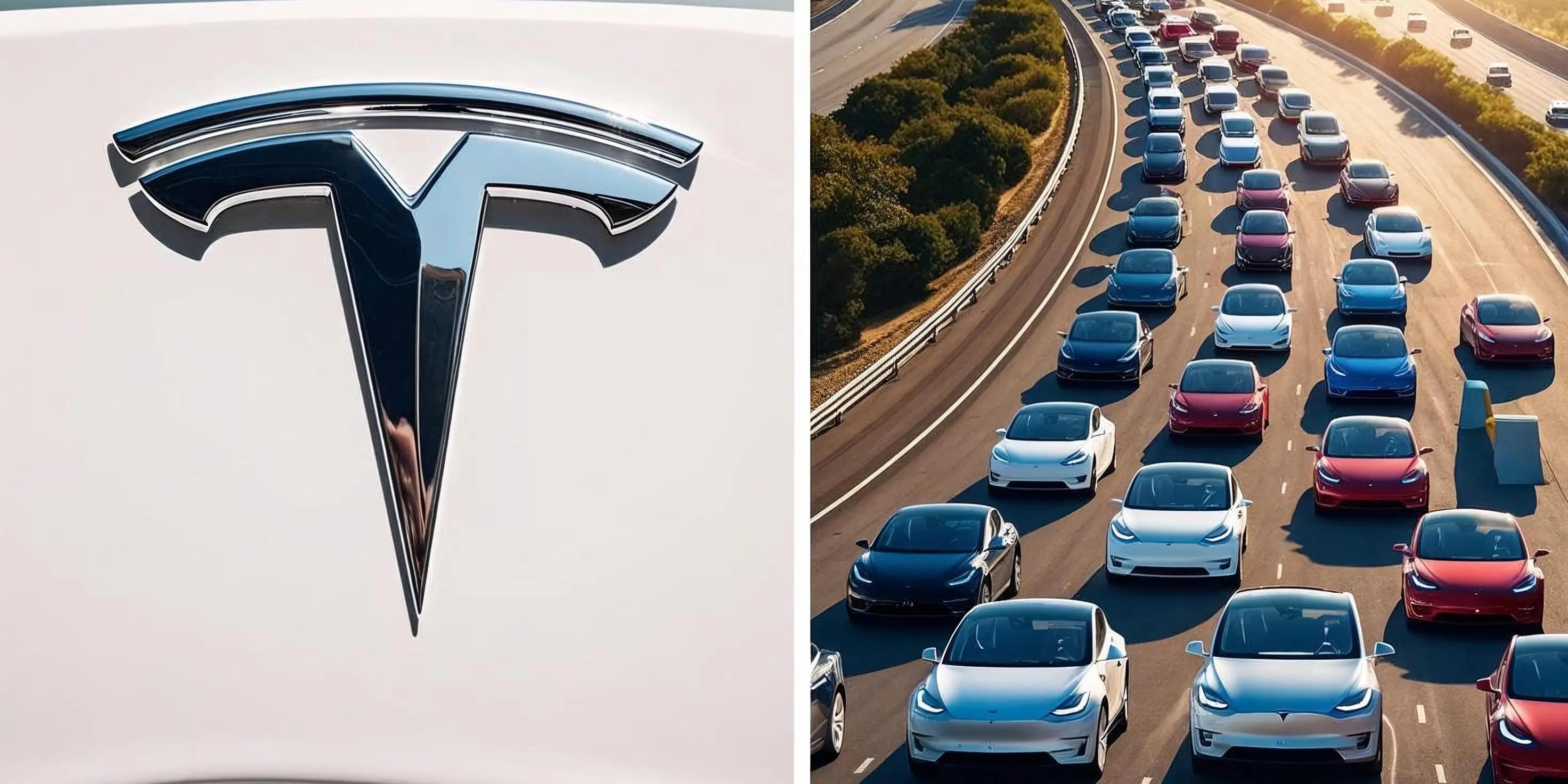
What are your thoughts on Tesla's current situation and future prospects? Do you think they will recover their previous dominance?